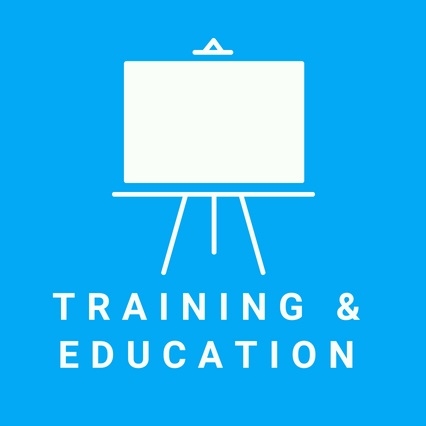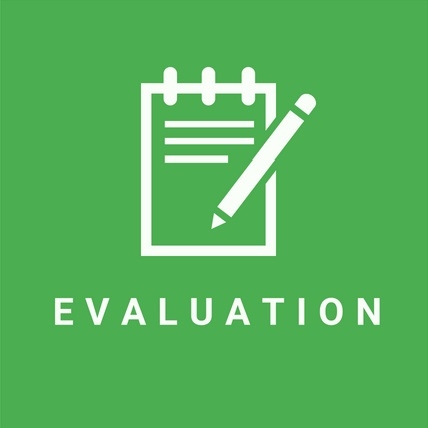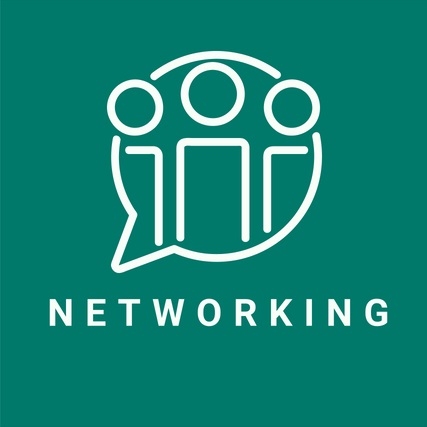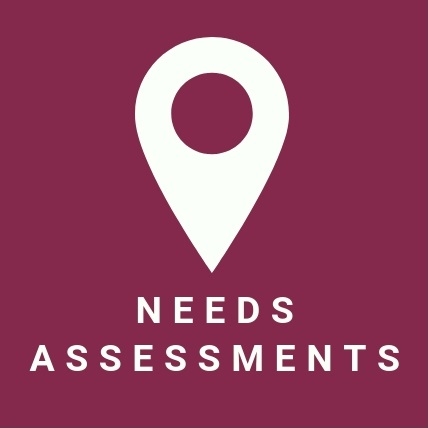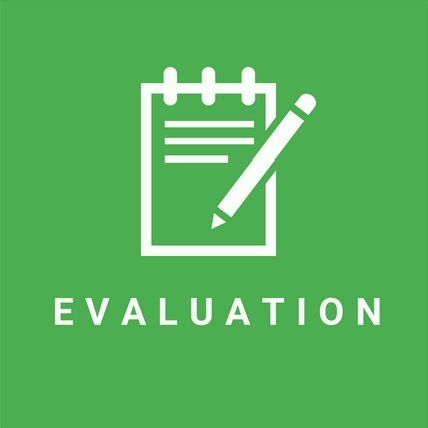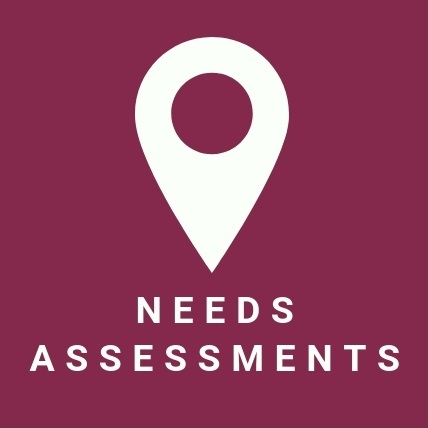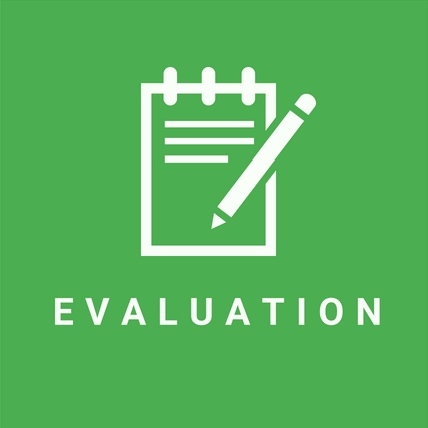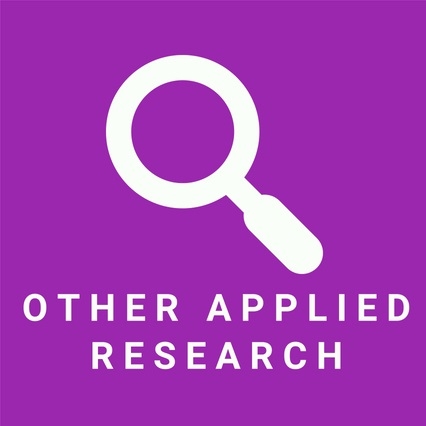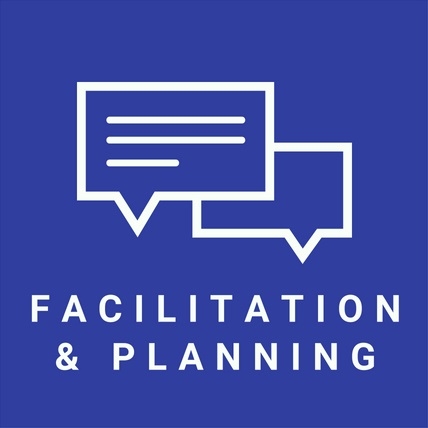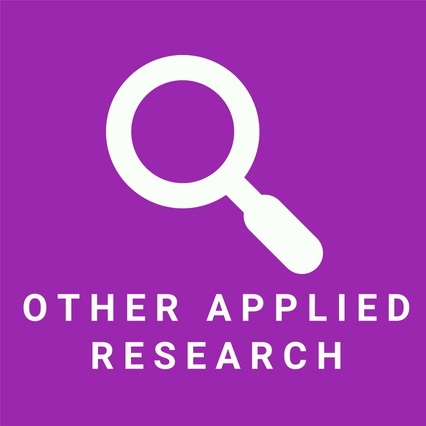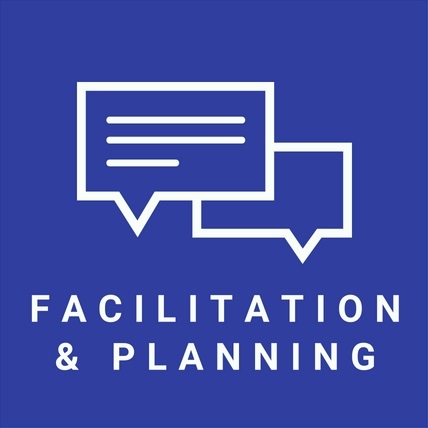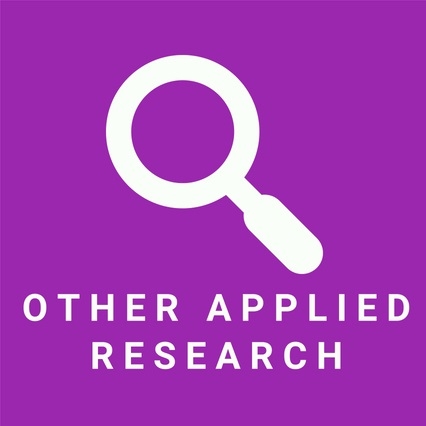Projects
CCBR typically has 15-20 ongoing projects and has completed over 500 projects since 1982. Each project is guided by our commitment to impacting social change in practical and powerful ways. We conduct research with people not on people, cultivating respect with communities at every step of the process.
Projects can be searched for using words from the project title or using the service area, theme, or date range for the project. You can also type 'Service Area' or 'Theme' into the search bar to get a list of options in each of these fields.
Projects
CCBR designed and delivered customized training, coaching, and mentoring activities about community-based research for partners of the Rural Secretariat of Newfoundland and Labrador. Partners learned about background information of the biannual international Community University Expo (CUExpo) conference, which Corner Brook hosted in 2013.
The purpose of this evaluation was to assess the outcomes and implementation of CityKidz’ core programs for children living in poverty in Hamilton and to identify future directions for improving on and replicating these programs in low-income communities across Canada. The evaluation was funded by World Vision.
CUExpo is a Canadian-led international conference designed to showcase the best practices in community-university partnerships worldwide, and to create opportunities for innovative and successful collaborations which strengthen our communities. CCBR was the main organizer of CUExpo2011, was a key advisor to the CUExpo2013, and is a member of CUExpo RFP Selection Committee.
The purpose of the needs assessment was to understand and assess the housing and accommodation needs of people in Thunder Bay who use substances, and to develop a community plan to address the needs identified. The needs assessment was funded by City of Thunder Bay.
CCBR was contracted to develop an evaluation framework/evaluation plan for Sanguen’s Health Centre’s Hepatitis C program. CCBR conducted an outcome evaluation of the program and made recommendations for future programming.
CCBR worked with CAMH in three communities (Hamilton, Kitchener/Waterloo and Timmins/Cochrane) to identify, review, and synthesize existing information about mental health system gaps within each community related to transition. The assessment was funded by Centre for Addictions and Mental Health (CAMH).
CCBR carried out an evaluation of the Shibogama Health Innovation Project (SHIP) to assess this community-driven model of care implemented between June 2012 and March 2013, in Kingfisher Lake, in order to make recommendations for the next phase of implementation. The evaluation was funded by Shibogama Health Authority.
CCBR conducted an in-depth analysis on the prevalence of violence against women in Perth and Huron with the Social Research and Planning Council.
CCBR facilitated the development of a three-to-five-year strategic plan for the Kitchener-Waterloo YWCA by gathering community and stakeholder input. This strategic plan took effect in January 2013.
CCBR was asked to provide ‘snapshots’ of systemic barriers that diverse communities face in accessing Region of Waterloo's services and programs. Interviews were done with individuals representing nine diverse groups: immigrants and refugees, LGBT folks (lesbian, gay, bi-sexual, and transgender), people living with disabilities, Indigenous people, people living in poverty, rural residents, seniors, youth, and women.
CCBR provided consultation for the University of Waterloo, Institutional Analysis and Planning in their strategic planning process.
CCBR conducted 4 focus groups to gather students’ perceptions of the approach to teaching and learning in Economics 231: Introduction to International Economics Course at University of Waterloo. The research was funded by Barb Bloemhof.
